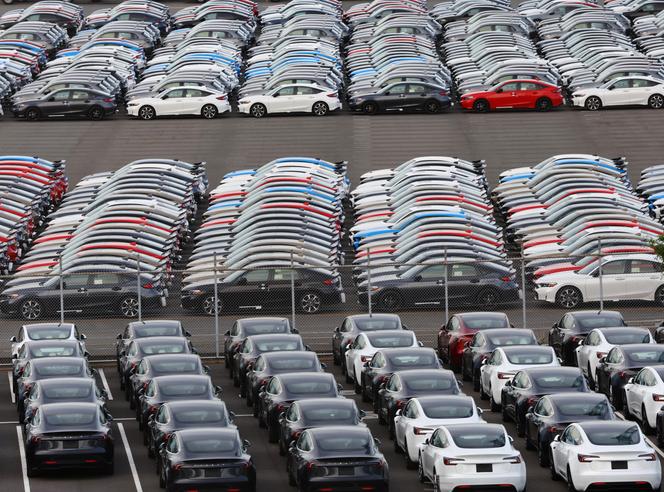


The European Union, which has just announced its own trade deal with the United States, will have food for thought. In Japan, the tariff agreement reached with Washington less than a week ago is already raising concerns. Announced on July 22, after a brief hour-long discussion in the Oval Office, the agreement – "maybe the largest deal in history," according to Donald Trump – set US tariffs on Japanese imports at 15%, instead of the 25% that had initially been planned. It also included $550 billion in Japanese investments in American projects. At the time, Japanese Prime Minister Shigeru Ishiba welcomed the deal as "beneficial for both parties" and said it "protects Japan's fundamental interests." However, in just a few days, the tone has shifted dramatically.
The most pronounced concerns have emerged in the automotive sector, which accounts for 30% of Japanese exports to the US. According to Goldman Sachs, the impact on Japanese carmakers' operating profits for the 2025 fiscal year will be $13 billion, compared to $24 billion if tariffs had been set at 25%. Mitsubishi Motors told the public broadcaster NHK: "The impact remains considerable. It is difficult to be optimistic."
You have 71.99% of this article left to read. The rest is for subscribers only.
